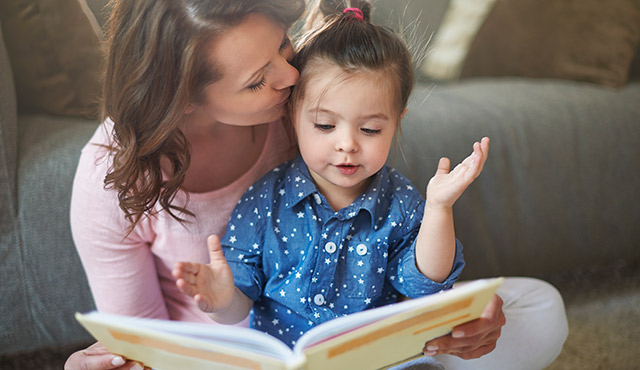One of the main concerns parents have for their children is that they learn the lessons and skills they will need to succeed in the world they will inherit. An important part of that formula for success now is learning to interact well with others in a culturally diverse society, learning tolerance and appreciation for persons who observe customs and beliefs that may be very different from those they are comfortable and grew up with.
The website KidsHealth.org offers a broad range of tips for parents to successfully teach their children tolerance. Many of these can be distilled down to setting a good example and be good role models for the behavior they would like to see in their children by treating others well themselves. And that includes the kids, too. A child who receives unfailing warmth and love from his or her parents is likely to bring that sense first and foremost into their relationships with others.
Two of the tips, though, seem to clearly address the special challenges and responsibilities that teaching tolerance presents to Catholic and all Christian parents. These suggestions are “Learn together about holiday and religious celebrations that are not part of your own tradition,” and “Honor your family’s traditions and teach them to your kids—and to someone outside the family who wants to learn about the diversity you have to offer.”
Greg Walgenbach, Director of the Justice, Life and Peace Ministry for the Diocese of Orange says that merely teaching tolerance is a “pretty low goal.” For Catholics, he believes that the challenge is teaching avoidance of conflict. That is, holding on to our convictions as Catholics and living peaceably with those who live by religious convictions that are apparently at odds with our own. “Are we those defending the bullied, or are we the bullies? We should preach the Gospel in a way that is loving and inviting,” he says.
All seem to agree that teaching the value of every human life is fundamental to teaching tolerance and Walgenbach feels that children may have an advantage over their parents and teachers in this respect. “Kids have an intuitive understanding of the value of human life,” he says. “Kids are often the first to ask ‘Why is that person on the street?’ or ‘Why is that person homeless?’”
Of course, sometimes there is no substitute for just bringing the kids together. A 2011 story in the British newspaper The Guardian related the story of a government initiative that brought together fifth-graders from a school with a largely Muslim student body in the town of Luton with kids from a nearby Catholic school for a face-to-face meeting.
The story quotes one of the Muslim boys as saying that, despite initial nervousness because he had “never really met any Christians,” he was surprised to learn how similar the Christian kids were to him. He thought they’d be totally different, but they liked the same food and football teams that he did. A girl from the Catholic school welcomed the opportunity to actually ask a Muslim how they practiced their faith compared to the way she did hers. She was quoted as saying that there were some Muslims in her neighborhood, but they “were not very sociable.”
Walgenbach says it finally comes down to honoring a Creator who loves all of His people. “God created us and Jesus died and rose again to save all of us, those who are just like us and those who are different from us.”

